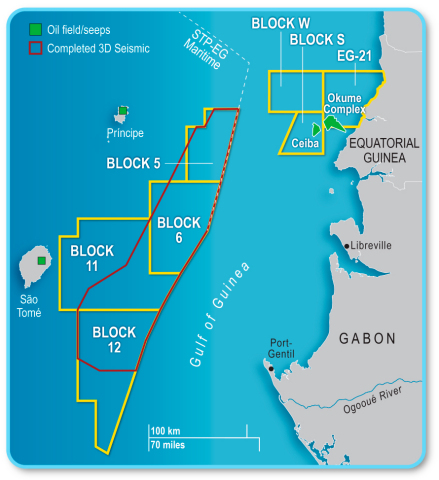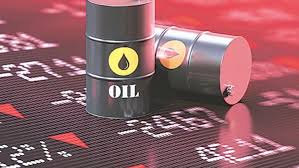…Says absence of agreement with militants cast shadow of uncertainty
Oscarline Onwuemenyi
01 July 2018, Sweetcrude, Abuja – Goldman Sachs Group Inc. has said oil may trade below its $50 forecast in the second half of 2016 because of a ceasefire between militants and the government in OPEC member Nigeria.

It noted that if the tentative agreement is sustainable, it could lead to higher crude output, with the Nigerian government “optimistically” predicting a return to normal levels by the end of July, analysts including Damien Courvalin wrote in a note dated June 29.
The return of supplies poses a risk to the bank’s price outlook as it would bring the global oil market close to balance over the final six months of the year, according to Goldman Sachs.
Violence in Nigeria has contributed to an 80% rally in Brent crude from a 12-year low earlier this year, as output in the West African nation plunged to the least in almost three decades.
The attacks came after President Muhammadu Buhari ended contracts to protect oil facilities with militant commanders and slashed monthly stipends paid to fighters that the previous government approved to end a similar uprising in 2009. The current ceasefire agreement may not be final, Goldman warned.
“The path of future Nigerian production remains uncertain in the absence of a sustainable agreement,” the Goldman analysts wrote in the report. “The path to such a resolution may see further disruptions and should attacks resume and continue to target inland or shallow water fields connected to onshore terminals.”
Brent crude, the benchmark for more than half the world’s oil, traded 1.2% lower at $49.99/bbl in London by 1:33 p.m. Singapore time. While prices have rebounded since January this year, they are still more than 50% below mid-2014 levels.
The report added that, “Attacks by militant groups including Niger Delta Avengers slashed output to 1.37 MMbopd last month, the lowest since 1988, according to the International Energy Agency.
The member of the Organization of Petroleum Exporting Countries (OPEC) has a number of export grades under force majeure, a legal clause that allows companies to miss shipments due to circumstances beyond their control, imposed by oil majors.”
While the government has announced the ceasefire earlier this month, the NDA says it “doesn’t remember” any deal. Goldman Sachs “cautiously” expects production to remain down by 350,000 bpd in the second half of 2016.
At their peak, the oil disruptions could reach 1.1 MMbpd, creating the possibility of crude prices exceeding its forecast, the bank said. However, high levels of inventories globally would likely limit this impact, it added. The bank currently projects a second half average global supply-demand deficit of 380,000 bopd.



